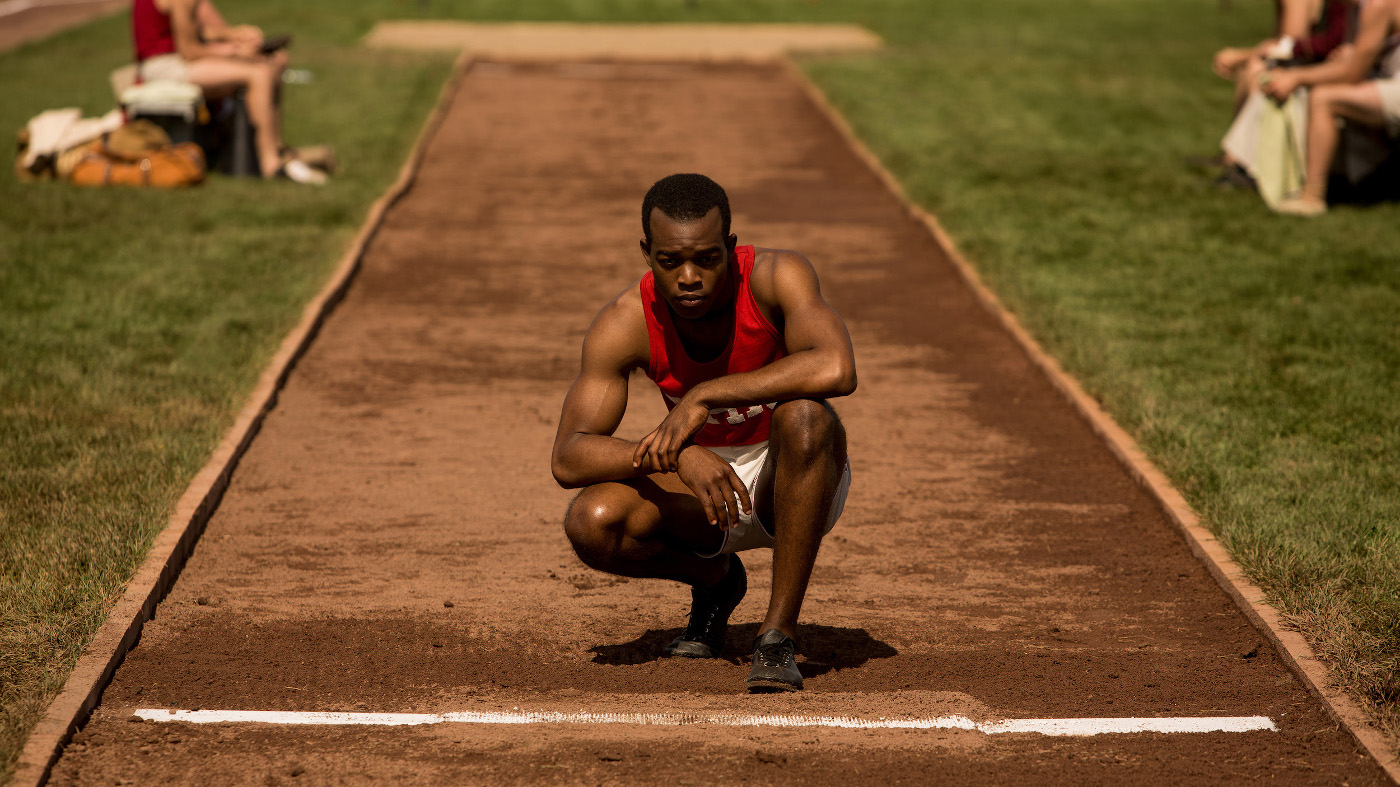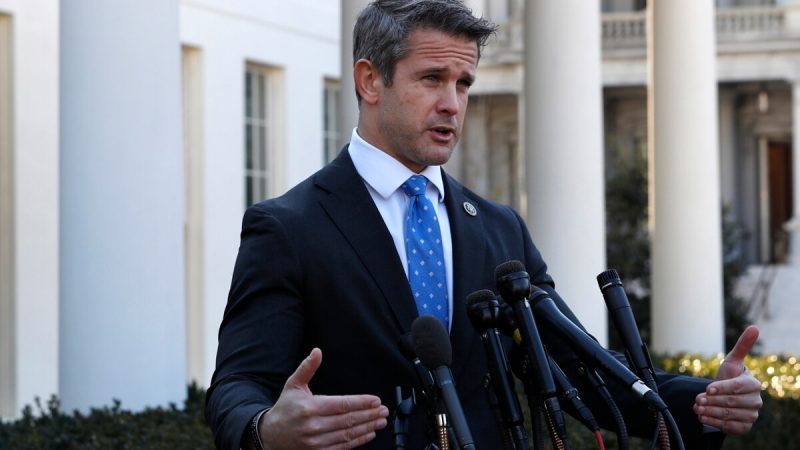‘Race’ Is Earnest And Well-Made…But It Could Have Been So Much More

Let me just dispense with something real quick. Race, a Jesse Owens biopic centered on his 1936 Olympics performance, is worth seeing. It depicts one of the most significant sporting moments in history, namely a black man winning four gold medals in front of Adolf Hitler during the rise of Nazi Germany. And it does this fairly well, with solid acting performances across the board, crowd-pleasing moments and a quick pace.
Yet, it just feels like it could have been something much, much more. It has a safe, made-for-TV feel, which is likely due to director Stephen Hopkins spending much of the past decade-plus on television series, directing episodes of 24, House of Lies, Californication and Shameless. While the film doesn’t seem cheap, and it appears to have been made with a decent budget, the look at times rivals a good HBO flick. This isn’t necessarily a bad thing as we’ve seen all kinds of great cable movies. (In fact, Hopkins directed The Life and Times of Peter Sellers in 2004, a well-received HBO film.)
However, the cableness of Race lends it to also feel a bit sanitized. We can also thank the PG-13 rating for this. Sure, tossing some f-bombs or nudity isn’t going to necessarily make a movie more powerful or edgy, but it feels like the screenwriters and Hopkins could have pushed the envelope a little more, especially with such a compelling story and subject. Watching Race made me think of 42, the equally well-made, earnest and safe-feeling biopic of Jackie Robinson.
Minor quibbles aside, this is still a good, sometimes very good, picture that will lead many a viewer to crack open a history book to look into some of the events covered. Besides Owens, admirably played by Stephan James (Selma), two of the more compelling characters are Avery Brundage (Oscar-winner Jeremy Irons) and Leni Riefenstahl (Game of Thrones’ Carice Van Houten).
While we get to know Owens as he trains for the ’36 Olympics under the tutelage of Ohio State University coach Larry Snyder (a surprisingly effective Jason Sudeikis), we are also presented with parallel stories regarding the politics surrounding the games. With the rise of Nazism, the American Olympic Committee and AAU are thinking of boycotting due to Berlin hosting the Olympics. Brundage eventually gets the committee to agree to participate after traveling to Germany and getting the assurance of Joseph Goebbels (a menacing Barnaby Metschurat) that the Nazis will keep their Jew-hating out of the limelight during the Games.
As played by Irons, Brundage is presented as someone placed into a nearly impossible moral position. He knows that what the Germans are doing is reprehensible, but he doesn’t want America to lose out on the possibility of gaining glory and hope while still deeply mired in the Great Depression. At the same time, he stands to financially benefit from Germany for promising America’s participation. It is to the film’s credit that Brundage is not presented as a ‘good’ or ‘bad’ guy, but as flawed and human.
Same goes for Riefenstahl, a filmmaker who was largely responsible for spreading Hitler’s propaganda during Nazism’s rise. Goebbels envisioned the Olympics to be Germany’s message to the world that the Aryan race was superior, and Riefenstahl was tasked with presenting that vision to the world. However, per Race, Riefenstahl saw herself as an artiste first and propagandist second, and when Owens’ dominance embarrassed and enraged Hitler and Goebbels, Riefenstahl continued to film him as she felt he “made her movie.”
Now, it can be argued that depictions of Riefenstahl and Brundage were perhaps overly sympathetic compared to their actual life histories, but at the same time, they weren’t presented as one-dimensional, which is a relief. The same can be said for the film’s portrayal of Owens. He isn’t shown as absolutely pure and heroic. We learn that he cheated on his fiancee and the mother of his young child, leading to brief public embarrassment. Also, we see the conflict he has to go through when members of the black community, namely the NAACP, try to pressure him to boycott the games as a political gesture.
We see him connect not only with his coach, his fiancee/wife and his family, but also with German competitor Luz Long (David Kross). One of the highlights of the film is the competition between the two in the broad jump and the friendship that develops between the two sportsmen. After Owens beats Long and they share a victory lap, the two men spend an evening bonding, with Long explaining to Owens just how dangerous his government really is. (Of course, we learn Long was sent to the front line when WWII started over his actions at the Olympics.)
Once again, this is a good movie. However, underneath it, there is an absolutely remarkable story to be told, and you wonder how much better this could have been in the hands of a true artist.
Grade: B






